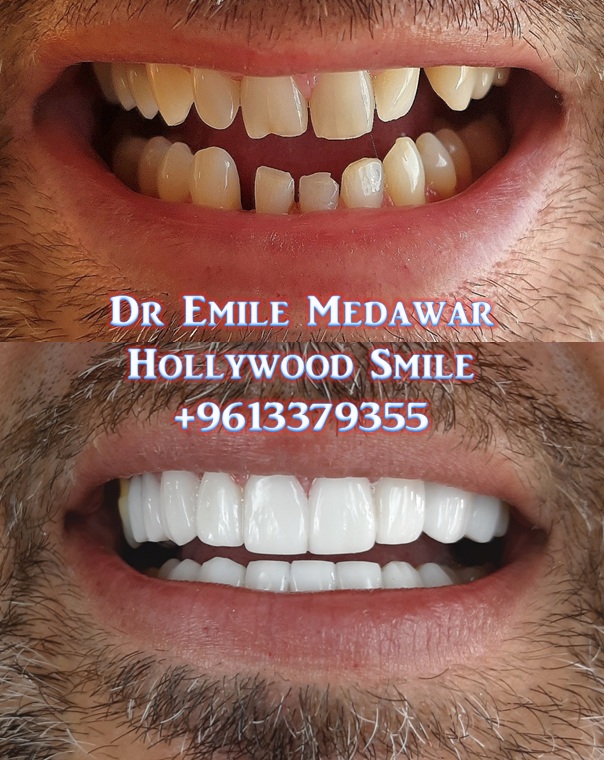Veneers in Lebanon (Beirut) Dr Emile Medawar: Transform Your Smile with Porcelain or Composite Veneers
Introduction
A dazzling smile is a powerful asset, and veneers have become one of the most popular ways to achieve that perfect set of teeth. Dr Emile Medawar veneers expert in Lebanon Beirut. In Beirut and across Lebanon, demand for dental veneers has surged thanks to the “Hollywood Smile” trend – a full-mouth makeover yielding bright, flawless teeth. If you’re researching veneers in Lebanon (Beirut), you likely want to know what options are available, how they work, and why Lebanon is a great place to get them. This comprehensive guide covers everything from the types of veneers (porcelain vs. composite) to costs, procedures, and FAQs, all with a focus on how you can get a stunning smile in an affordable and effective way.
Best Veneers in Lebanon Beirut
